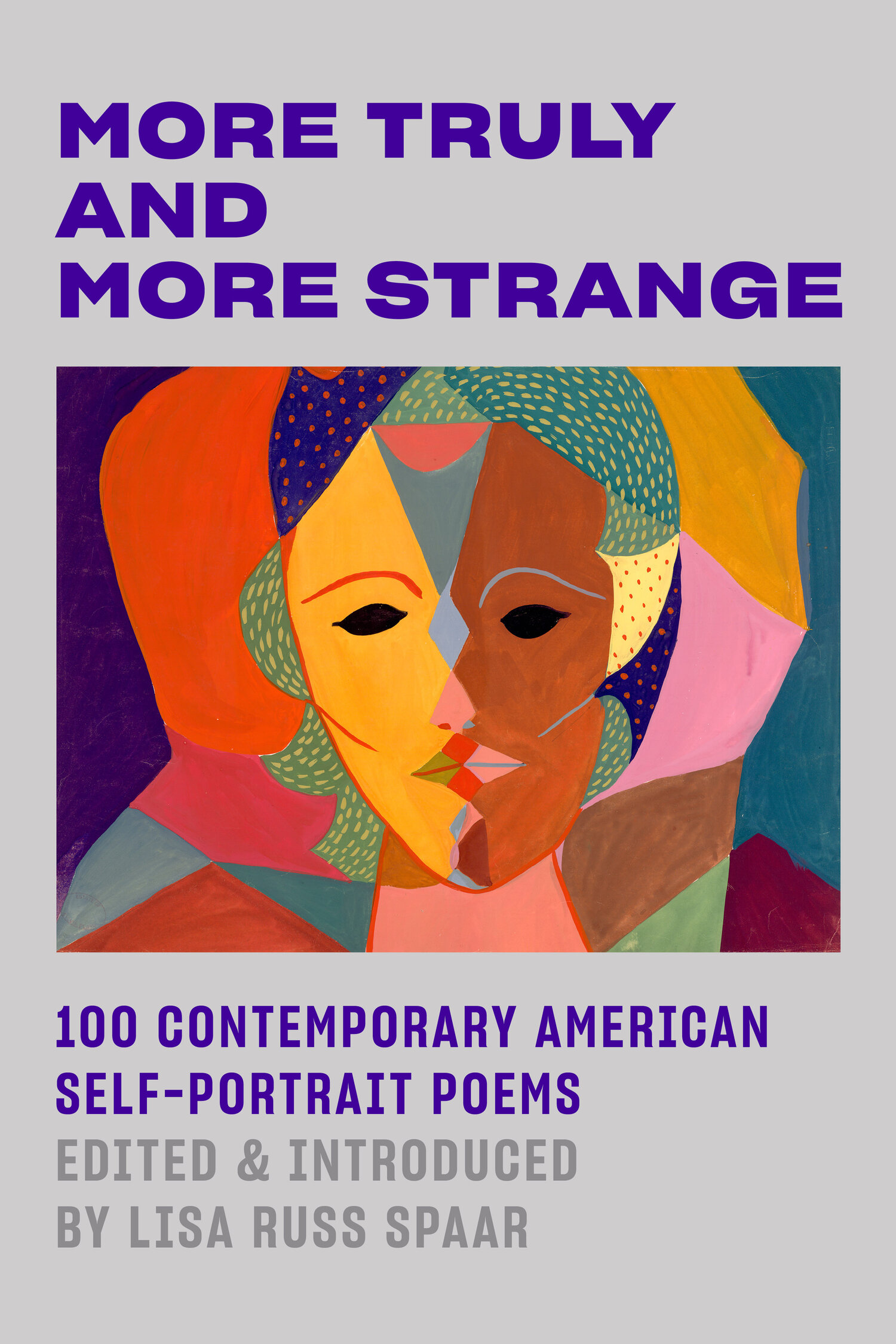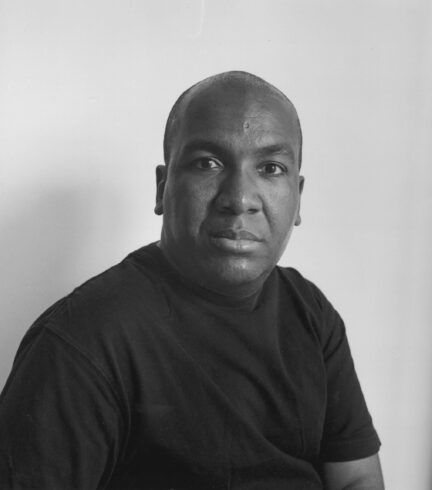You’re walking down the street alone,absorbed in the anticipation of a lunchtime saladwith that crusty olive bread you like so much,and suddenly you’re marching in formationin a crowd, it’s called a regiment.You seem to be a soldier this time, you learnto be at war. You’re never really in dangerbecause you know you can’t diein your dreams, but sometimesyou wonder who told you that and whetherthey could be trusted. The sidewalk is splitand uneven because of the shrapneland the artillery shells; yesterdayyou didn’t know the definition of artillery,but today you know how to use it, all kindsof field ordnance. “Ordnance” is a wordyou’d never heard before. Every timethere’s so much to notice, so muchto remember and write down. Here’sa little notebook with rubbed-down cornersfor your back pocket. It’s the little thingsthat distinguish one war from another,tonight your shoes are black standard issuemarching boots that lace halfway upyour calves, whereas the other nightyou had no shoes, or the shoes you’d lostwere beige bedroom slippers whose plushoffered no protection from the slush and rainyou trudged through. The subway crashdistracted you from that, nowyou’re climbing over the wreckageto the next sheltered position, air thickwith morning mist (you’re shivering), smokeand a haze of acrid dust, it burns your lungs.You’re clambering through accordionedcars, where are those twisted railsthat won’t carry any passengers taking you?
Self-Portrait in the New World Order
Feature Date
- November 28, 2020
Series
Selected By
Share This Poem
Print This Poem
“Self-Portrait in the New World Order” from FATA MORGANA by Reginald Shepherd
Copyright © 2007.
Reprinted by permission of the University of Pittsburgh Press

New York City, New York
Edited & Introduced by Lisa Russ Spaar
More Truly and More Strange collects astonishing self-portrait poems from the mid-twentieth century onward. The poems are as varied as they are memorable. Some are surprising catalogues of the poet’s physical form while others minimize the body in favor of other facets of the self, psychological or spiritual. Reflections, visual and existential, are everywhere.
In encountering the ways that our greatest poets have, often disarmingly, perceive themselves, we experience an ever-evolving gallery of American identity.
Poetry Daily Depends on You
With your support, we make reading the best contemporary poetry a treasured daily experience. Consider a contribution today.




